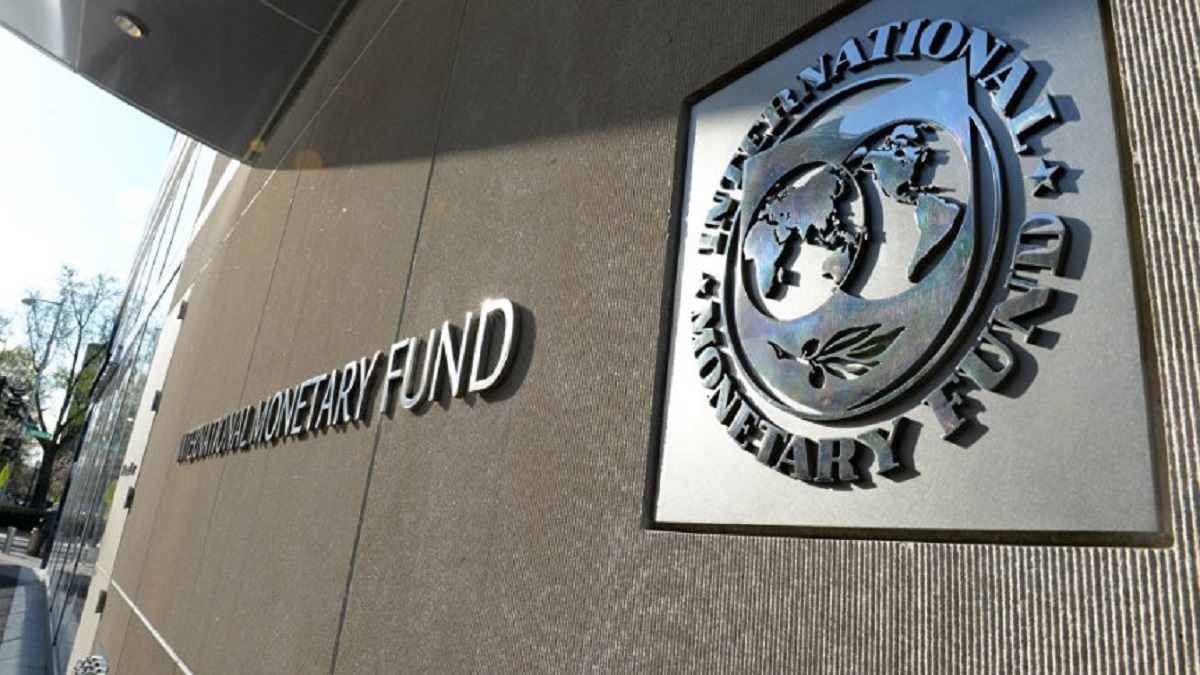Pakistan is ready to achieve some significant goals under Extended Fund Facility (EEC) including fiscal sustainability, said International Monetary Fund (IMF) Country Representative Teresa Daban Sanchez said on Wednesday.
While speaking at a webinar at the Sustainable Development Policy Institute (SDPI), Ms Sanchez said it is being achieved through the strategy by removing exemptions and privileges, enhancing social and productive spending, coordination with provinces, and elimination of quasi-fiscal circular debt and losses of state-owned enterprises (SOEs).
The IMF representative emphasised that these goals are very important for the future direction of the country and include a market determined and flexible exchange rate as well as an independent central bank with a primary focus on price stability.
The IMF official remarked that pre-Covid, the economy was on the track with 2.4% growth rate till March 2020. However, after May 2020, it witnessed a decline by 1.5% as resources were diverted towards Covid-19 mitigation and containment, she added.
The IMF representative further said that Pakistan received $1.4 billion funds from IMF (Rapid Financial Instrument) in April 2020 and also from World Band and Asia Bank on the basis of multilateral area to mitigate this challenge.
“In the current situation and amid the third wave of the pandemic, growth is projected at 1.5% of the GDP and inflation will remain volatile,” Ms Sanchez said.
The monetary policy is accommodative and fiscal policy is prudent but the public debt guarantees have increased to 92.8% GDP, she noted.
“Although, the Covid-19 shock temporarily suspended the progress of EFF, the authorities remained committed to the ambitious policy actions and structural reforms to strengthen economic resilience, advance sustainable growth and achieve the EFF medium-term objectives,” she added.
She further added that these programs are aimed for enhancing the performance of regulatory institutions like Nepra so to keep a fiscal discipline.
On tax reforms, she said that the tax policy reform needs to be very comprehensive. The corporate income tax and person income tax both need to be made sure in the country, she said. While commenting on circular debt, Ms Sanchez said that the debt sustainability is the main role of IMF in any country and with right policies and improved management, countries can better manage their debt profile.
“Pakistan is doing well in this area of the program. The SOEs management is the major component for the betterment of the country,” she added.










